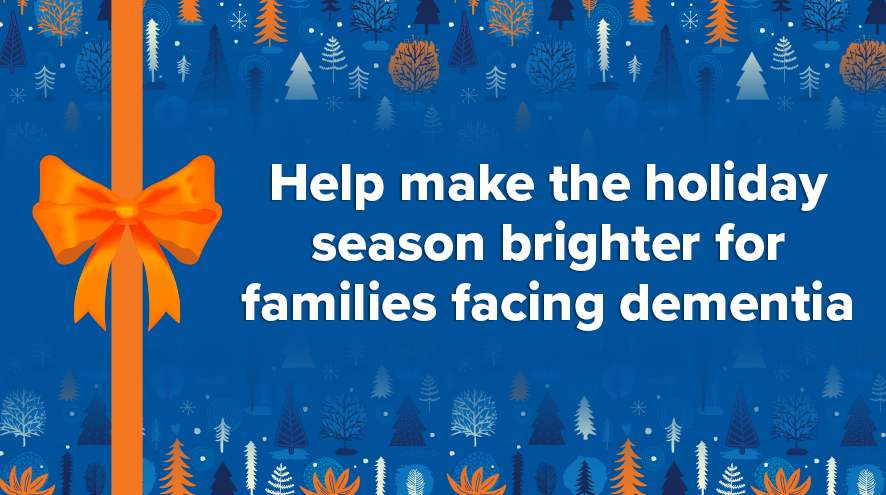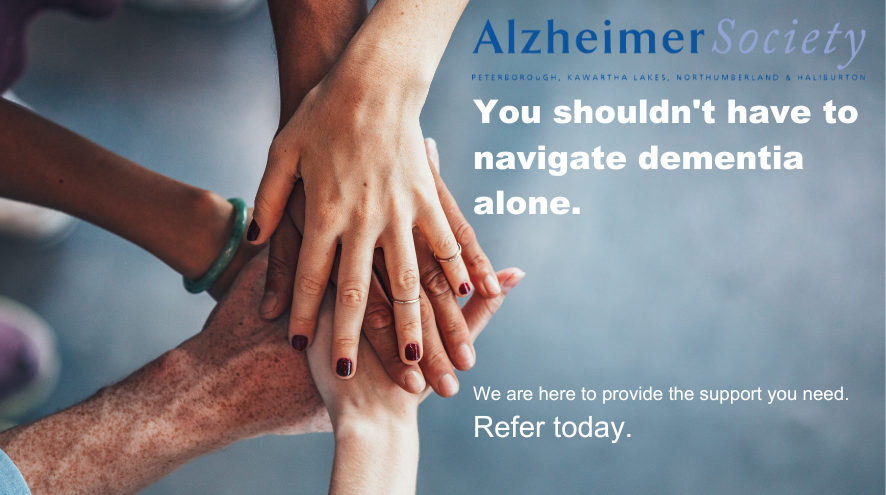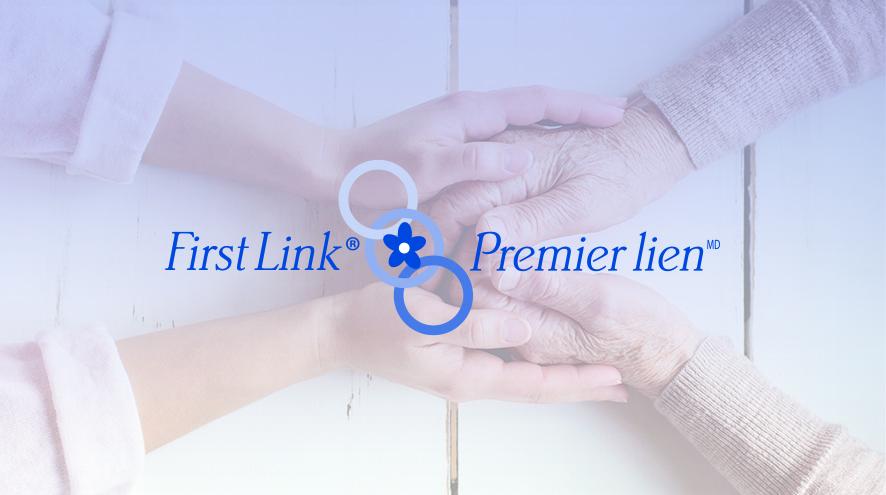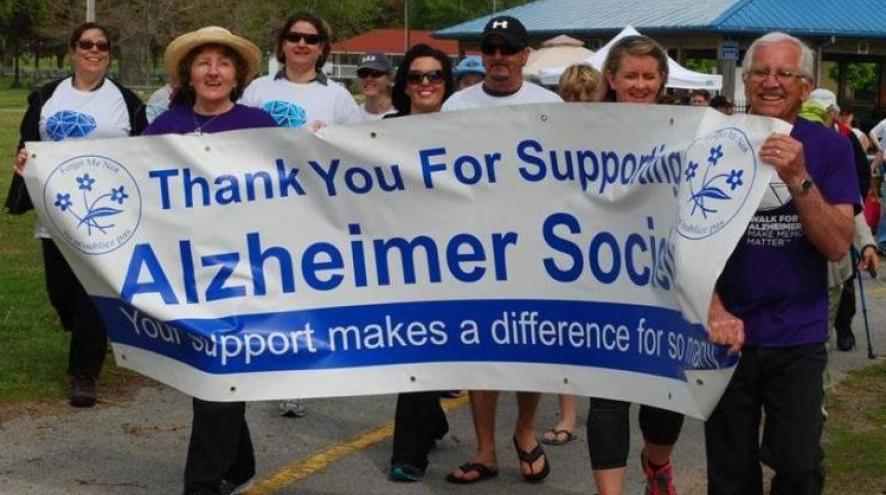We're here to help.
What information are you looking for?
Education Opportunities
We offer various learning opportunities to help families and friends continue to enhance their knowledge of dementia. These sessions will be hosted by an Alzheimer Society staff member either in-person or online.

Contact us
Anyone can contact the Alzheimer Society of Peterborough, Kawartha Lakes, Northumberland and Haliburton. You don't need a diagnosis.












